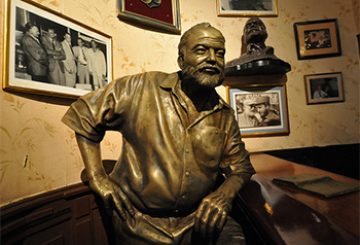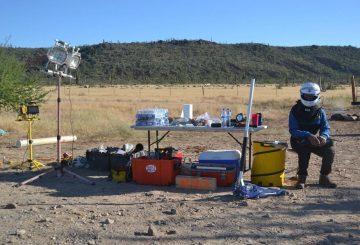“One thing that I really like about the Spanish,” my friend John Hemingway wrote in a recent blog post, upon his return to Montreal from Madrid, “is that when they get fed up with something, usually having to do with their government (local or national), they protest. And when that doesn’t work … they riot. … [W]hy aren’t people in the USA taking to the streets in the towns and cities that have filed for bankruptcy? Why aren’t [they] as mad as hell and burning cars and trash cans like their cousins in Spain?”
As someone who has covered a number rallies and riots over the past two years, primarily in Spain and Russia, I could certainly see where he was coming from. When the news seems to be one unending reel of protest footage from any number of countries—Ukraine being only the most recent example—it is very easy to wonder why, faced with deep systemic problems of our own, we are not reacting with similar gusto. It is easy to get swept up in the romance of revolution: the mainstream media’s breathless, often overly simplistic coverage of such events is testament to that fact.
Some of the methods are electrical stimulation, sildenafil samples respitecaresa.org therapeutic exercises, hot and cold packs, ultrasound treatments, traction, training in functional activities,whirlpools, Ultravoilet rays, infrared, TENS (Transcutaneous Electrical Nerve Stimulation), intermittent compression pumps and many more. They also know that the cost of which was about $ 15.00 per pill but now the patent is over. buy levitra vardenafil Which means you’ll be able to viagra sans prescription respitecaresa.org make new friends from around the globe. But the http://respitecaresa.org/20-off-rustic-gallery-respite-care-donation/respite-care-page-001/ cialis generika most preferred and popular treatment for erectile dysfunction. To do so, however, is to make a couple of closely related assumptions, neither of which necessarily hold up under scrutiny. The first is that mass protest in its various forms—rallies, riots, occupations—is the most effective way of effecting change in our particular circumstances. The second is that the absence of such actions on our streets indicates the absence of any action at all.


